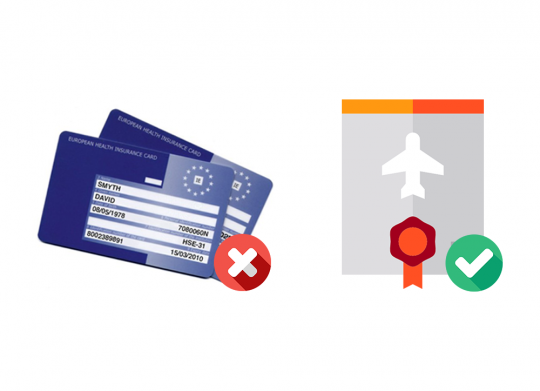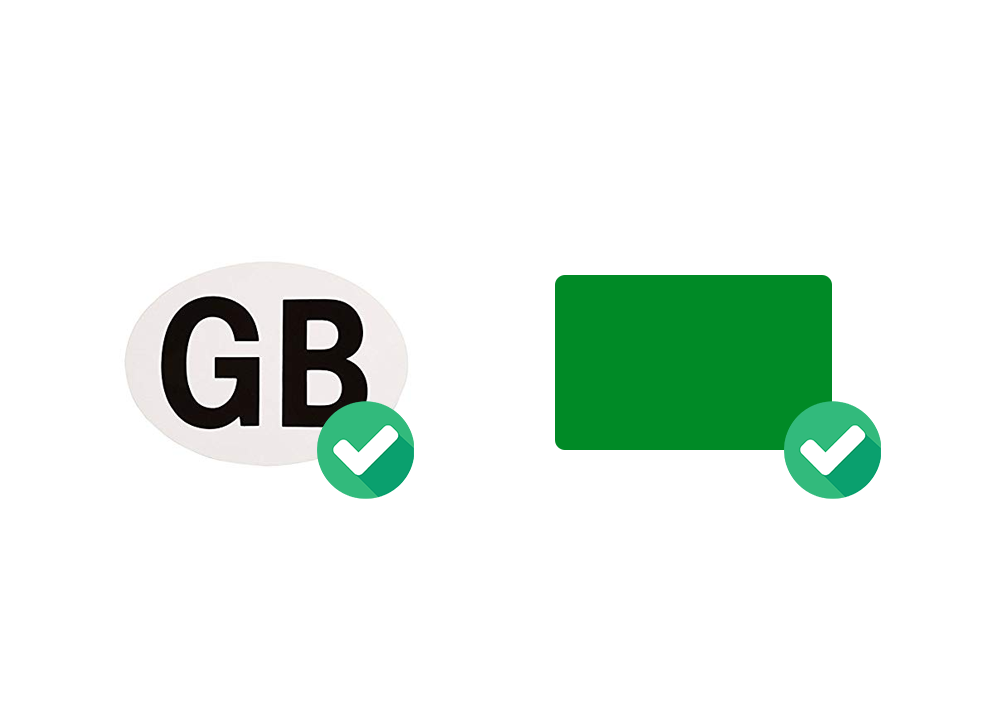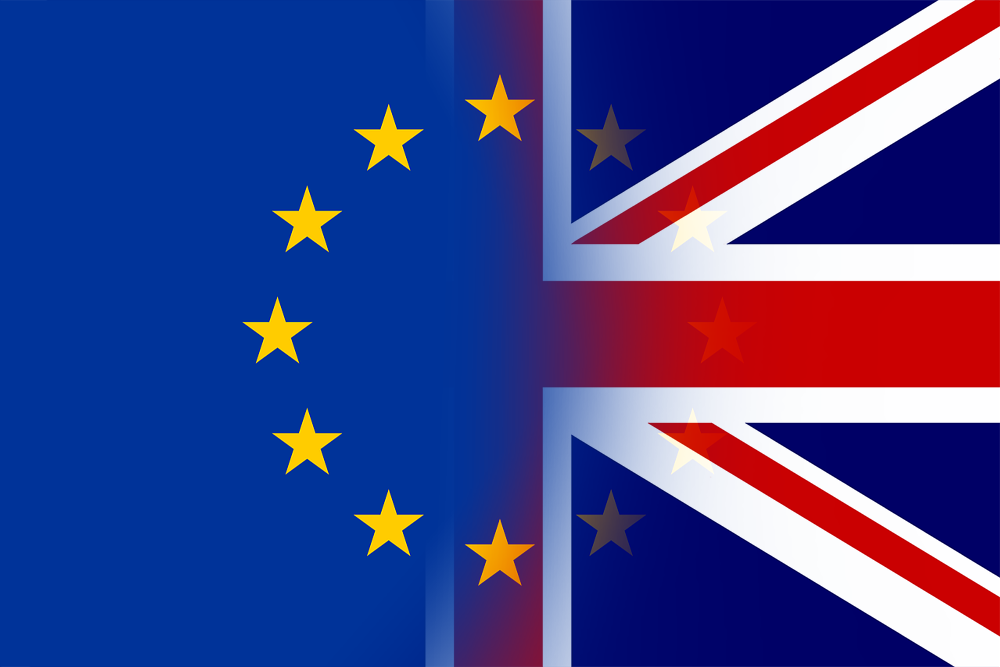With Brexit D-day looming, we want to make sure that you’re prepared for business travel post Brexit. The UK will be leaving the EU on the 31st January 2020 * (supposedly), so there’s not long left to get yourself prepared!
Now we’re not advising you to start stockpiling food like you’re one of the next doomsday preppers, we’re simply highlighting all of the necessary facts you need to know so that your business travel can run like clockwork… no matter what happens!
* Psst! This blog article will be updated should anything change between now and the 31st, such as a deal being agreed.
Highlights
Get fully inclusive travel insurance – which covers healthcare
Make sure you’re passport fits in the guidelines
Check your driving documents are valid
Make sure you won’t be charged for data usage
 Travel Insurance
Travel Insurance
You should never travel without insurance anyway, but now more than ever you need to make sure that your policy covers healthcare before you travel.
Currently, most travellers carry a free European Health Insurance Card (EHIC), which covers you for free or discounted medical care in all 28 EU countries (plus a few others). Post Brexit, this card may not be valid. So if you’re a UK national planning to travel to the EU, Norway, Iceland, Liechtenstein or Switzerland, be sure to check your insurance!
Also, worth double-checking, is if you have any pre-existing medical conditions, have a chat with your insurer and check if they cover you for this.
 Passport
Passport
You may need to renew your British passport earlier if you’re planning to travel after Brexit.
On the day of travel, you’ll need to make sure that your passport has at least 6 months left and is less than 10 years old (regardless of if it has more than 6 months left).
If you don’t renew it before travelling, you may not be able to travel to most EU countries. Use the Gov.uk tool to check whether your passport is valid for the country you plan to visit.
Please note – It takes a minimum of 3 weeks to renew your passport.
 Driving
Driving
The likelihood that you’ll need extra driving documents post Brexit, is highly likely.
You may need an International Driving Permit (IDP) to drive in some countries. IDP’s are currently not required within the EU, however in the event of a ‘no deal’ Brexit, IDP’s may be required for people intending to drive in EU countries.
If you’re taking your own vehicle you’ll also need to ensure you have a GB sticker displayed and a ‘green card’. Green Cards are an international certificate of insurance issued by insurance providers in the UK, guaranteeing that you have the necessary third-party motor insurance cover for driving in the country being travelled to. Just get in touch with your insurance provider, who can provide you with one of these.
Please note – This can take up to a month to process, so make sure you factor in that time before travelling.
 General Travel
General Travel
Before Brexit
The UK is still a member of the EU until the 31st January, which means that all exisiting travel arrangements are still valid. You also have access to state medical care in any EU country as long as you have a valid EHIC card.
Post Brexit
Should the government agree on a deal before the 31st January (fingers crossed), the UK will enter into a transition period, meaning everything should run like clockwork and remain the same during that period.
If the UK does leave the EU without a deal, there will be changes in the way you travel. Whilst we can’t predict what will happen in the next 12 months, we can ensure that we are fully equipped to handle your global business travel and ensure a continuity of service.
 Data Roaming
Data Roaming
Under EU rules, the cost of making calls, sending messages or using the internet on your phone in the EU is the same as in the UK. If the UK leaves without a deal these rules will no longer apply (sorry no more Instagram)!
Some UK mobile providers have said they may continue to offer this benefit to customers. Before you travel, double-check with your provider about the costs of using your phone in the EU. After all, we don’t want you to be slapped with a £100 bill for playing Candy Crush abroad!




